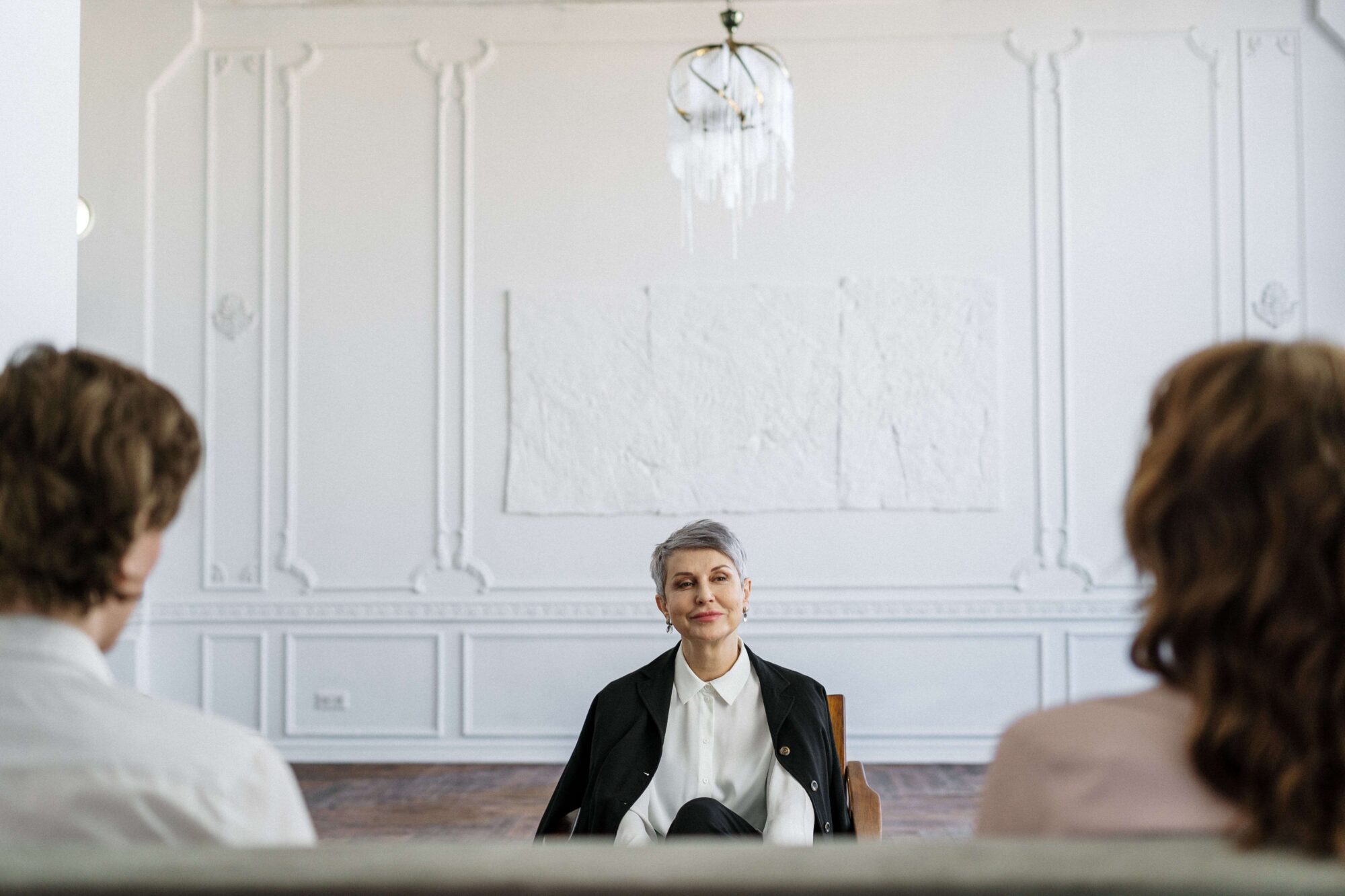Labour Party Employment Law The Labour Party published its manifesto on 13 June 2024 and…
Divorce Settlement Overturned by Insolvency | DFA Law Northampton Solicitors News
PLEASE NOTE: Information in this article is correct at the time of publication, please contact DFA Law for current advice on older articles.
Financial problems are one of the most common factors in family relationship breakdown, so divorce cases are not uncommonly carried on against a background of insolvency.
A recent case shows the sort of problems that can arise. It involved a couple who had recently divorced and who jointly owned a house. They were in the process of negotiating the financial settlement between them. At the same time, the husband’s business was in difficulty. Six days after a bankruptcy petition was presented against him, the negotiations regarding the divorce settlement were concluded, giving his ex-wife (who had remarried) a 75 per cent share of the net proceeds of sale of the former matrimonial home, which was a farm.
The trustee in bankruptcy claimed that the ‘disposition’ was void under Section 284 of the Insolvency Act 1986 as it was made after presentation of a bankruptcy petition against the husband. The trustee in bankruptcy claimed £128,321, which was the difference between a half share in the net proceeds of the sale of the property and the three-quarters share granted to the man’s wife.
Whilst the agreement made provided that the property should be sold and three quarters of the net proceeds should go to the ex-wife, there was no variation in the interests in the property prior to the sale.
Under the Insolvency Act, where a person is adjudged bankrupt, any disposition of property made by that person, commencing with the day the bankruptcy petition is made, is void.
The judge ruled that the agreement between the couple was not in fact a binding agreement for transfer of a property interest, because it did not ‘show, by implication or otherwise, that they agreed on an immediate transfer of a share of the beneficial interest in the property, but that they agreed to sell their joint property and what they would do in future with the proceeds of sale as and when received. It was thus an agreement for payment of a sum of money, and not an agreement to vary their existing respective interests in the farm’. The appeal was therefore dismissed.
This case raises the interesting possibility that had the negotiations been dealt with differently (by the prior transfer of the 75 per cent interest, rather than the ex-wife’s entitlement to the interest arising on the sale of the property) and an order been made to that effect, the result would have been different.
Call us now on Northampton (01604) 609560 for more information
or email us at info@dfalaw.co.uk



